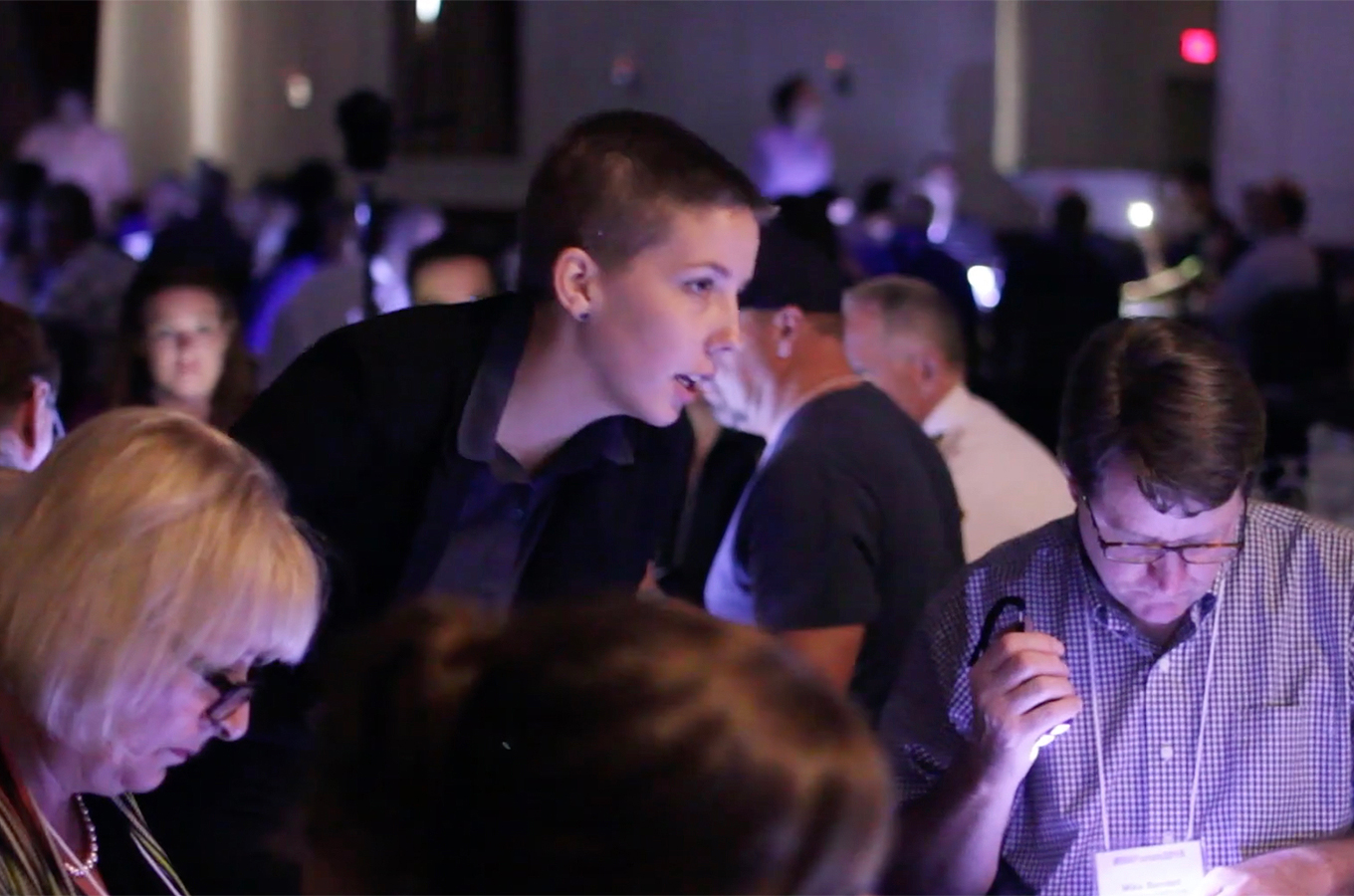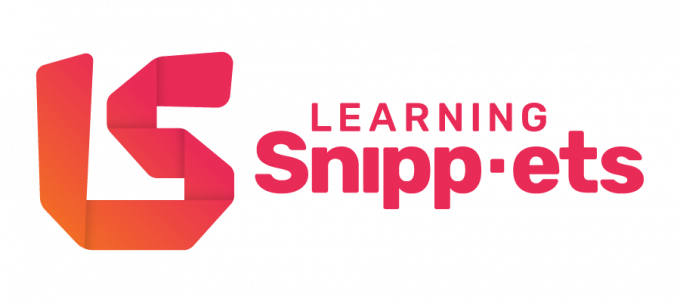
Dufferin County is responsible for ensuring the health and safety of its residents. The County’s Emergency Plan requires collaboration between emergency services across the area to keep residents safe in the event of a crisis situation.
To support training for emergency service personnel, the County held an Emergency Management Forum in September 2016. The forum attracted nearly 300 people from all levels in crisis response roles, from entry-level workers to senior municipal leaders.
Crisis thinking was identified as a key theme at the Emergency Management Forum. The County wanted to offer a 3-hour workshop aimed at building crisis-thinking skills, focusing on helping attendees respond better to stress when making decisions under pressure. Dialectic was brought in to help Dufferin County build an immersive learning experience – one that stood out from the average conference presentation – to teach these skills.
We built a learning event carefully tailored to the County’s needs and supported by extensive scientific research on dynamic decision making. The simulation began with an introduction to thinking under pressure. But little did participants know that a full-scale crisis simulation was about to unfold, and they would be abruptly challenged to apply these thinking skills right away.
The simulated crisis scenario was a mass electrical outage caused by a solar flare that threw the County into a state of emergency. Working in groups, participants made decisions while under extreme pressure and distractions: alarms were sounding, the room fell dark, and actors posing as news reporters circulated the room attempting to glean information from emergency workers. New sub-crises soon began to reveal themselves.
Participants had to make choices under carefully designed scenarios that caused errors in their perception of and inferences about the unfolding crises. The inferences they made, and the cognitive biases they feel victim to, reinforced the importance models of decision thinking that we later emphasized.
Participants lauded the workshop as a memorable experience that facilitated the quick uptake of new skills. The simulation-based approach helped participants to learn from the natural consequences of their choices, while demonstrating the dangers of cognitive biases. They left the workshop equipped to effect quick, logical and co-ordinated problem solving on the job – the hallmark of any well-prepared and resilient workplace.

Dialectic helps organizations improve the way people work, learn, and collaborate through person-centred design and the latest in social science.

Does your team struggle with learning new soft skills?
Use our app or upload Snippets to your LMS to build better habits in minutes with scenario-based microlearning.
© 2025 Dialectic. All rights reserved. | Contact Us | Privacy Policy | Terms of Use | AODA Statement
See how easy it is to activate soft skills in your organization. Soft skills training on 3 key topics: DEI, Leadership, and Collaboration.